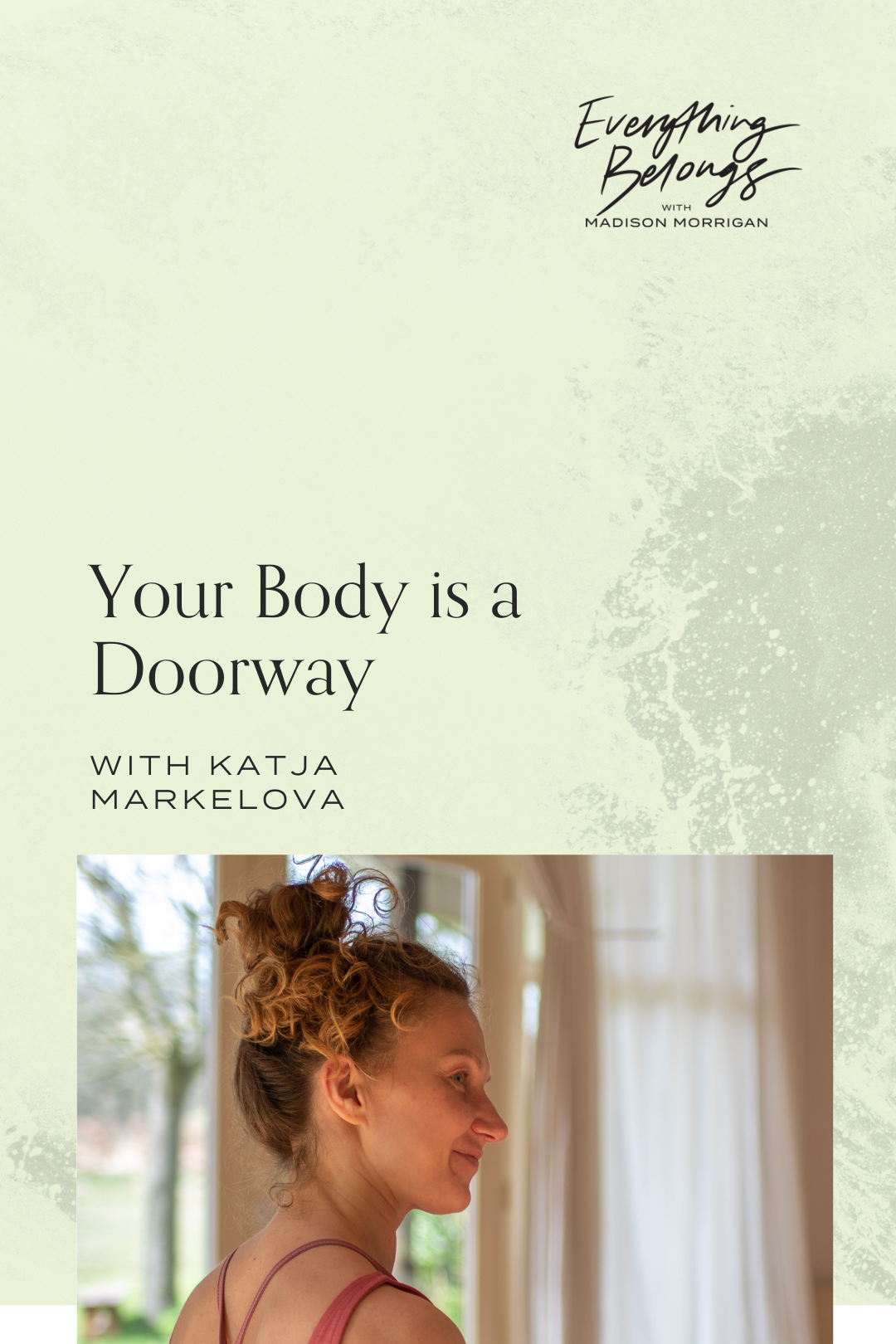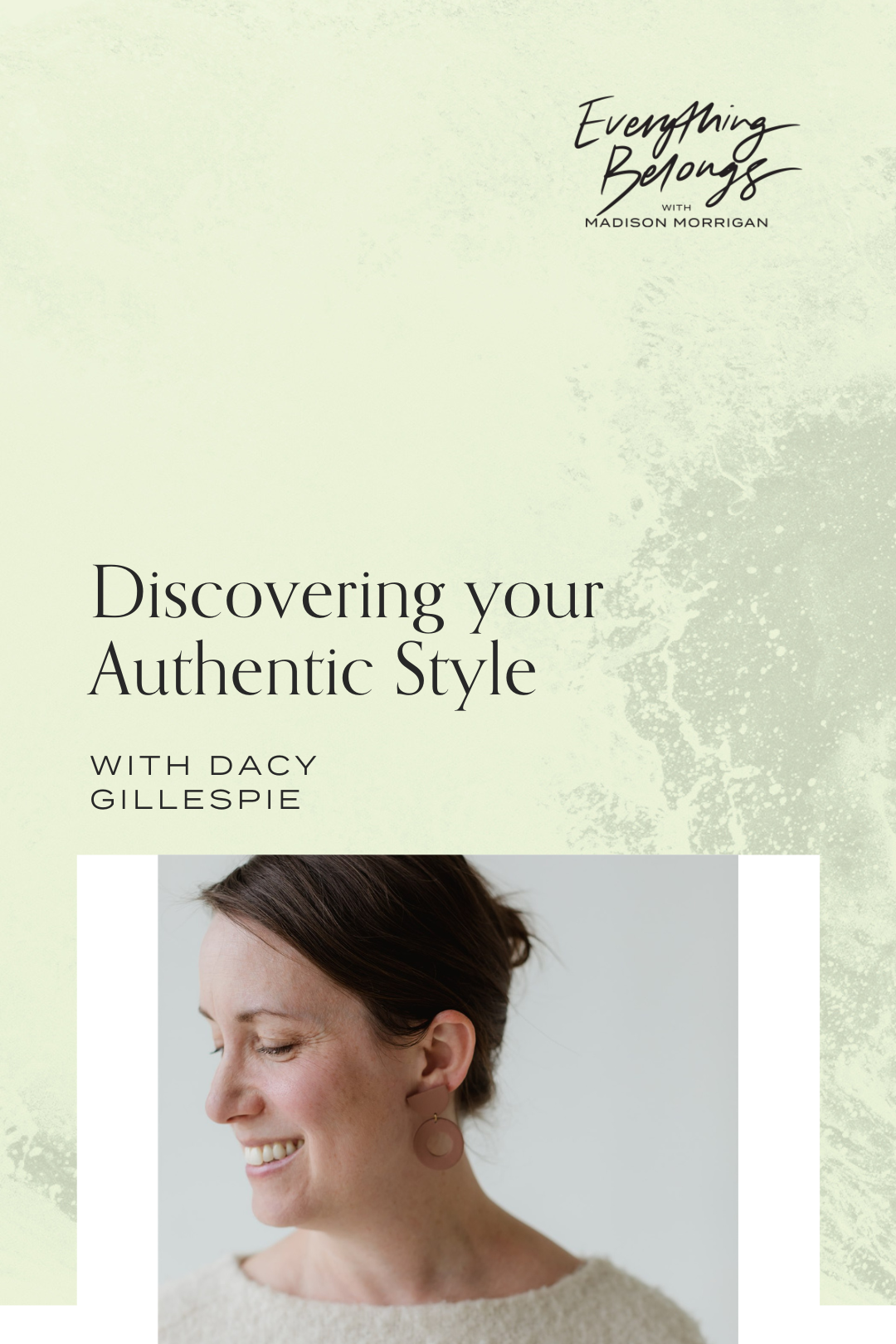Episode 24: Transformative Justice, Wholeness and Radical Grace with Kai Cheng Thom
“Helping is the way, is the route, to power and there is something so interesting and radical about "what if we also received?" ”
-Kai Cheng Thom, The Everything Belongs Podcast
Today on the Everything Belongs Podcast, Madison is in conversation with Kai Cheng Thom. Kai is a writer, performer, community worker, somatic educator, lasagna lover, and wicked witch. She is the author of four award-winning books in various genres, including the novel Fierce Femmes and Notorious Liars (which was featured on Emma Watson's feminist book club!) and the essay collection I HOPE WE CHOOSE LOVE. Kai Cheng has spoken and published widely on the topics of trauma and transformative justice. A lifelong student of healing and change work, Kai Cheng is currently pursuing deep study in mindfulness meditation, breathwork facilitation, and conflict resolution. In this episode, Madison and Kai Cheng speak on transformative justice, being a "helper" in the world and a nuanced view of wholeness, "othering" and dealing with harm. Listen in here…
Listen —
In this episode we have a conversation about:
What IS transformative justice? The difference between mediation, restorative and transformative justice
What to do after harm is caused and how no one comes into harm as a perpetrator
The tendency for conflict and harm to happen inside of communities trying to do good
Resting and just "being human" rather than superhuman or a work in progress
The relationship between love and rage
The danger of fragmenting oneself, the growth of secrecy and internalizing shame in purity cultures
The drama triangle of victim, persecutor and rescuer.
How women and people of color are programmed to give and care for others, but not to receive
The core wound of shame and the medicine of grace, wholeness and relating to our humanity
“Bad othering” and using curiosity, compassion and safety to relate to people we deem as “other”
Reconciling being gifted in “helping” and healing the shadow side of always being a helper
Living in dignity
Mentions:
Where to find more of Kai Cheng:
Extra resources:
How to support harm doers in being accountable












